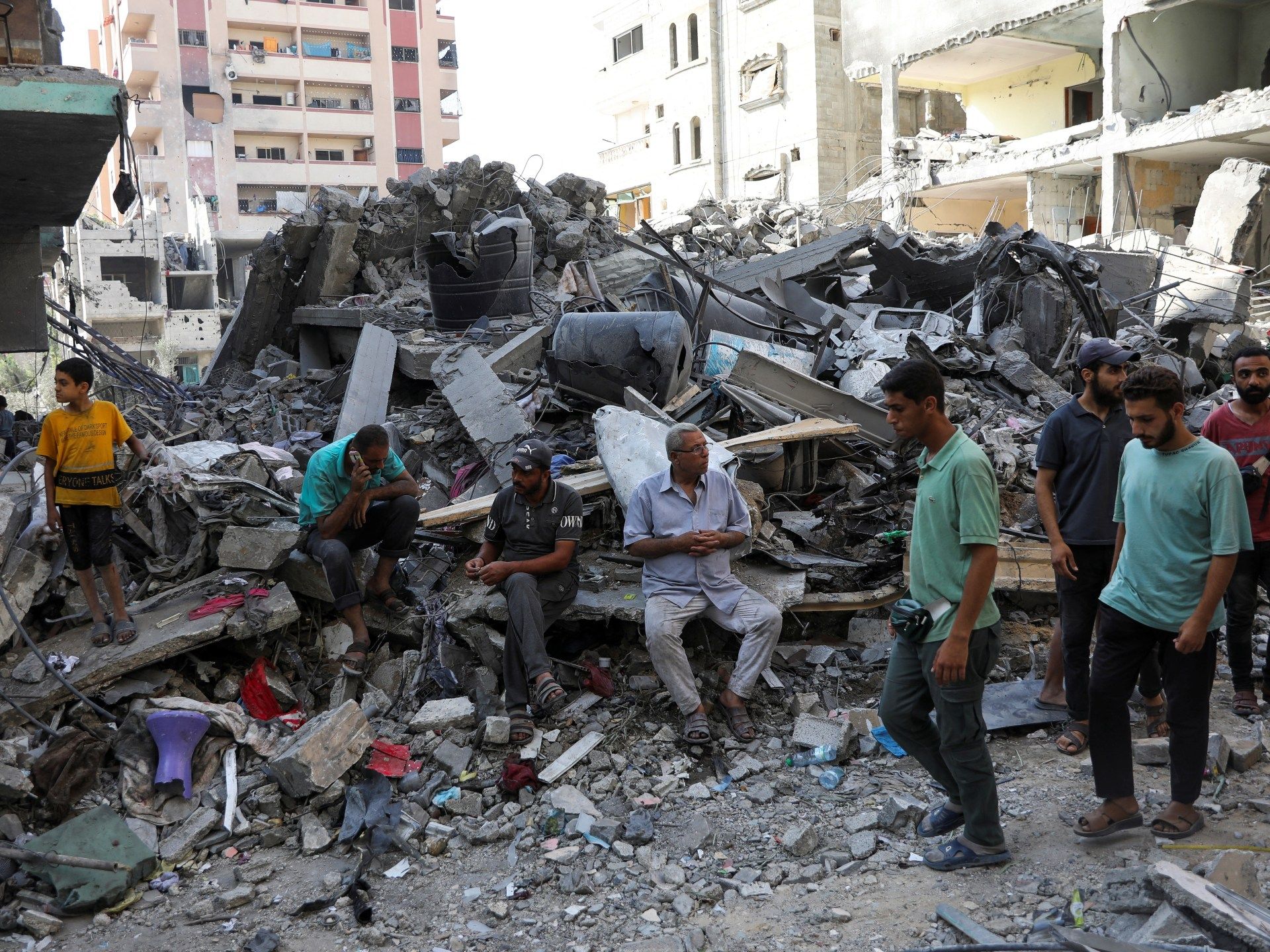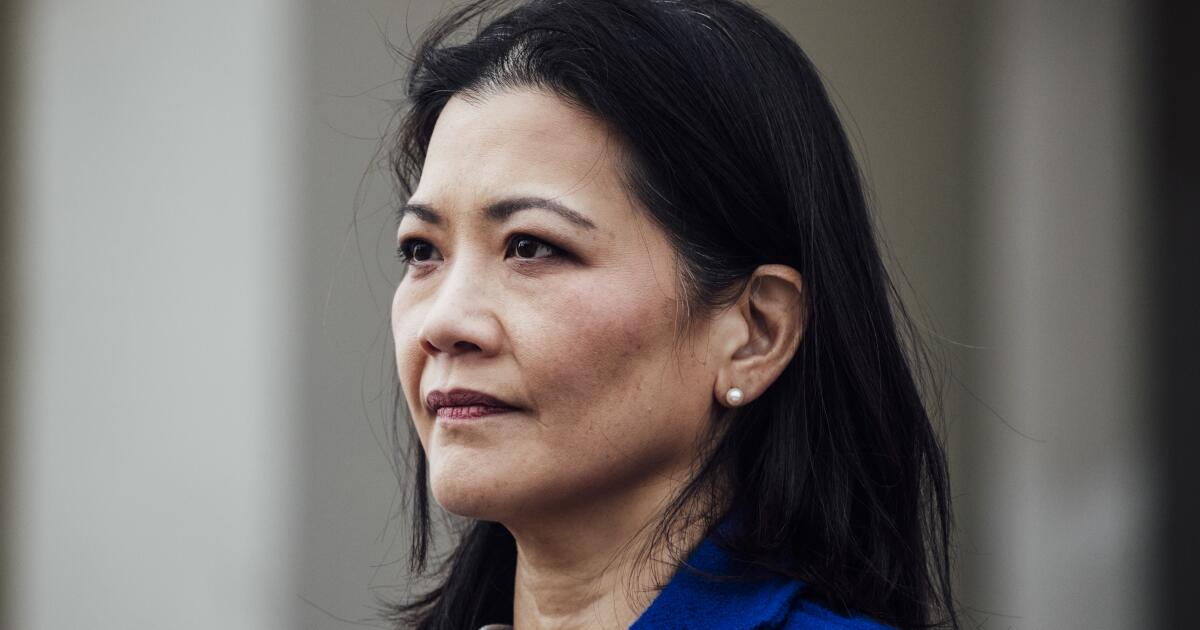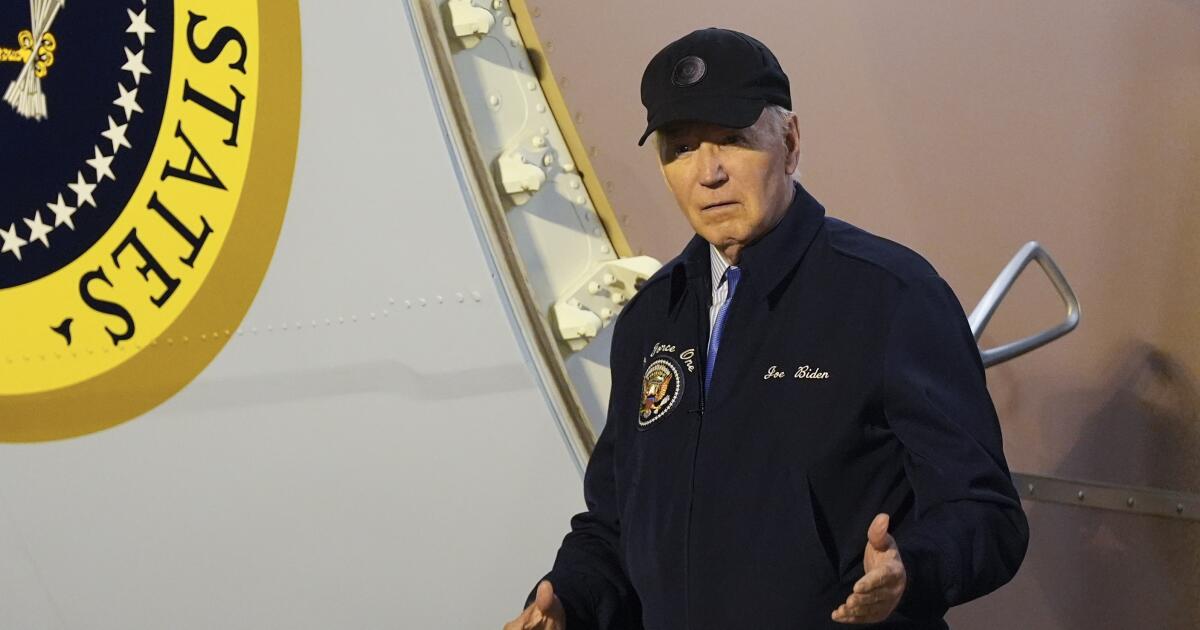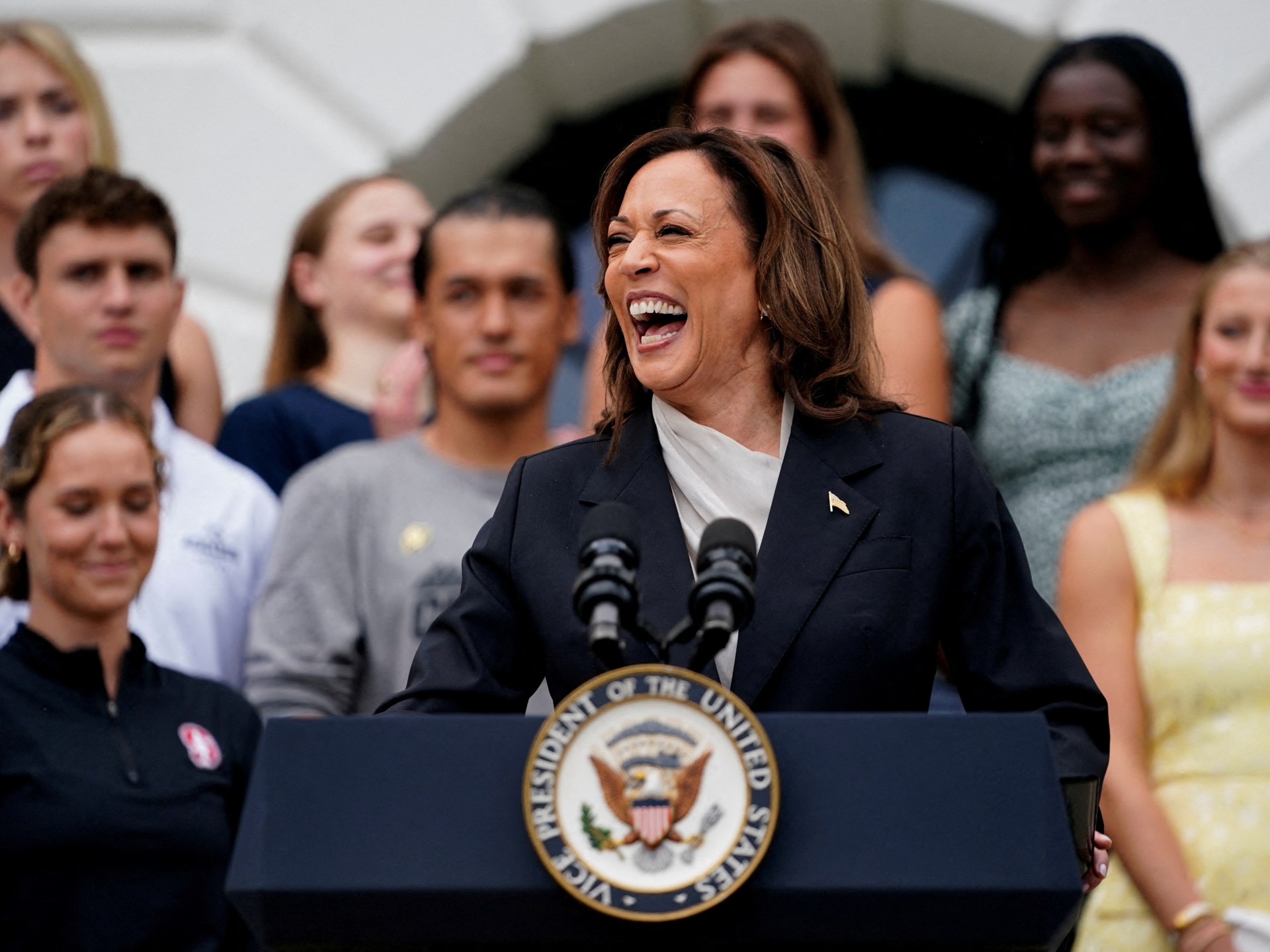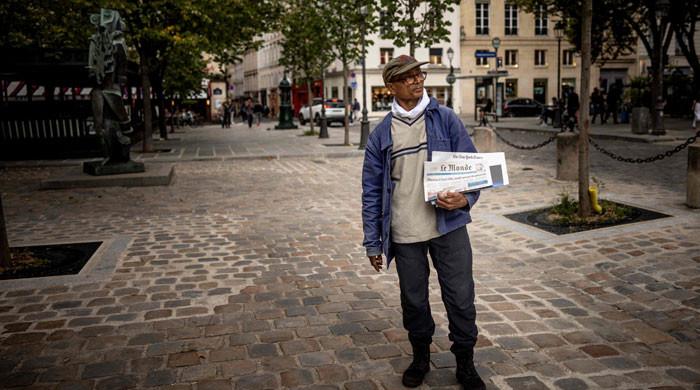Hamas has responded to a US-backed proposal for a ceasefire in Gaza and a captive-for-prisoner exchange with some “comments” on the plan, Qatari and Egyptian mediators have said.
Hamas and the smaller Islamic Jihad group (PIJ) said in a joint statement on Tuesday that they were willing to “try positively to reach an agreement” and that their priority is to put “a complete stop” to Israel's current attack on Gaza.
A senior Hamas official, Osama Hamdan, told Lebanese television channel Al-Mayadeen that the group had “submitted some comments on the proposal to the mediators.” He did not give any details.
“Hamas's response reaffirmed the group's position [that] “Any agreement must end Zionist aggression against our people, remove Israeli forces, rebuild Gaza and achieve a serious prisoner exchange agreement,” a Hamas official told Reuters news agency.
The foreign ministries of Qatar and Egypt said in a joint statement that they were examining the response and would continue their mediation efforts alongside the United States “until an agreement is reached.”
Qatar and Egypt announce that they have received a response from Hamas and Palestinian factions regarding the truce proposal #MOFAQatar pic.twitter.com/8hpBTERyJK
— Ministry of Foreign Affairs – Qatar (@MofaQatar_EN) June 11, 2024
White House Homeland Security spokesman John Kirby said the United States had also received and was evaluating the response.
“We are working on Hamas' response,” Kirby told reporters.
Al Jazeera's Imran Khan reported that leaders of Hamas and Palestinian Islamic Jihad said the response provided includes amendments.
“The amendments include a complete withdrawal from the entire Gaza Strip, including the Rafah crossing and the Philadelphia Corridor,” Khan said, referring to the vital border crossing with Egypt.
“Israelis want one thing… the destruction of Hamas both politically and militarily,” he said. “What this proposal suggests is that Hamas could well survive in some way.”
The response comes as US Secretary of State Antony Blinken visits the Middle East seeking an agreement on the ceasefire plan and plans for post-war reconstruction and governance in Gaza.
Blinken met with Israeli officials on Tuesday in a bid to end the eight-month Israeli air and ground offensive that has devastated Gaza, a day after the United Nations Security Council approved the US-backed truce proposal. Joined.
'We will only believe it when we see it'
As part of his eighth trip to the Middle East since the attack on Gaza began, Blinken also sought measures to prevent months of border clashes between Israel and the Lebanese armed group Hezbollah from turning into a full-scale war.
On Monday, Blinken met in Cairo with President Abdel Fattah el-Sisi of Egypt, a key mediator in the war, before traveling to Israel, where he met with Prime Minister Benjamin Netanyahu and Defense Minister Yoav Gallant. .
Blinken's consultations in Israel on Tuesday included one with centrist former military chief Benny Gantz, who resigned from Israel's war cabinet on Sunday over what he said was Netanyahu's failure to outline a plan to end the conflict.
Blinken, speaking later in the day at a conference in Jordan on the humanitarian response for Gaza, announced $404 million in aid for the Palestinians and called on other donors to also “step up their efforts.”
Egypt's El-Sisi told the meeting at the Dead Sea that nations should force Israel to stop what he called the use of hunger as a weapon and remove obstacles to aid distribution in Gaza.
Biden has repeatedly declared that ceasefires were close in recent months, but there was only a one-week truce, in November, when more than 100 captives were freed in exchange for about 240 Palestinians held in Israeli jails.
Biden's proposal calls for a ceasefire and the gradual release of captives in exchange for Palestinians detained in Israel, ultimately leading to a permanent end to the deadly attack.
The United States is Israel's closest ally and largest arms supplier but, along with much of the world, has become harshly critical of the huge death toll in Gaza and the destruction and humanitarian calamity caused by the Israeli offensive.
In the Gaza Strip on Tuesday, Palestinians reacted cautiously to the Security Council vote, fearing it could become another ceasefire initiative that goes nowhere.
“We'll only believe it when we see it,” said Shaban Abdel-Raouf, 47, of a displaced family of five sheltering in the central city of Deir el-Balah, a frequent target of Israeli fire.
“When they tell us to pack our belongings and prepare to return to Gaza City, we will know it is true,” he told Reuters via a chat app.
Also on Tuesday, the U.N. human rights office said both Israeli forces and Palestinian armed groups may have committed war crimes in connection with a deadly raid by Israeli forces that freed four hostages and killed at least 274. Palestinians over the weekend in the Nuseirat refugee camp in central Gaza.
Meanwhile, Palestinians said Israeli forces operating in the southern city of Rafah blew up a group of houses on Tuesday. An Israeli airstrike on a main street in Gaza City also killed at least four people, doctors said.
Israel's attack on Gaza has killed more than 37,100 people, according to Gaza's Health Ministry. Palestinians face widespread hunger and imminent famine because Israeli forces have largely cut off the flow of food, medicine and other supplies by closing borders.
UN agencies say more than a million people in Gaza could experience the highest level of famine by mid-July.
Israel launched the offensive after the Oct. 7 Hamas attack, in which its fighters swept into southern Israel, killing about 1,139 people and kidnapping about 250, according to an Al Jazeera tally based on official Israeli statistics.

